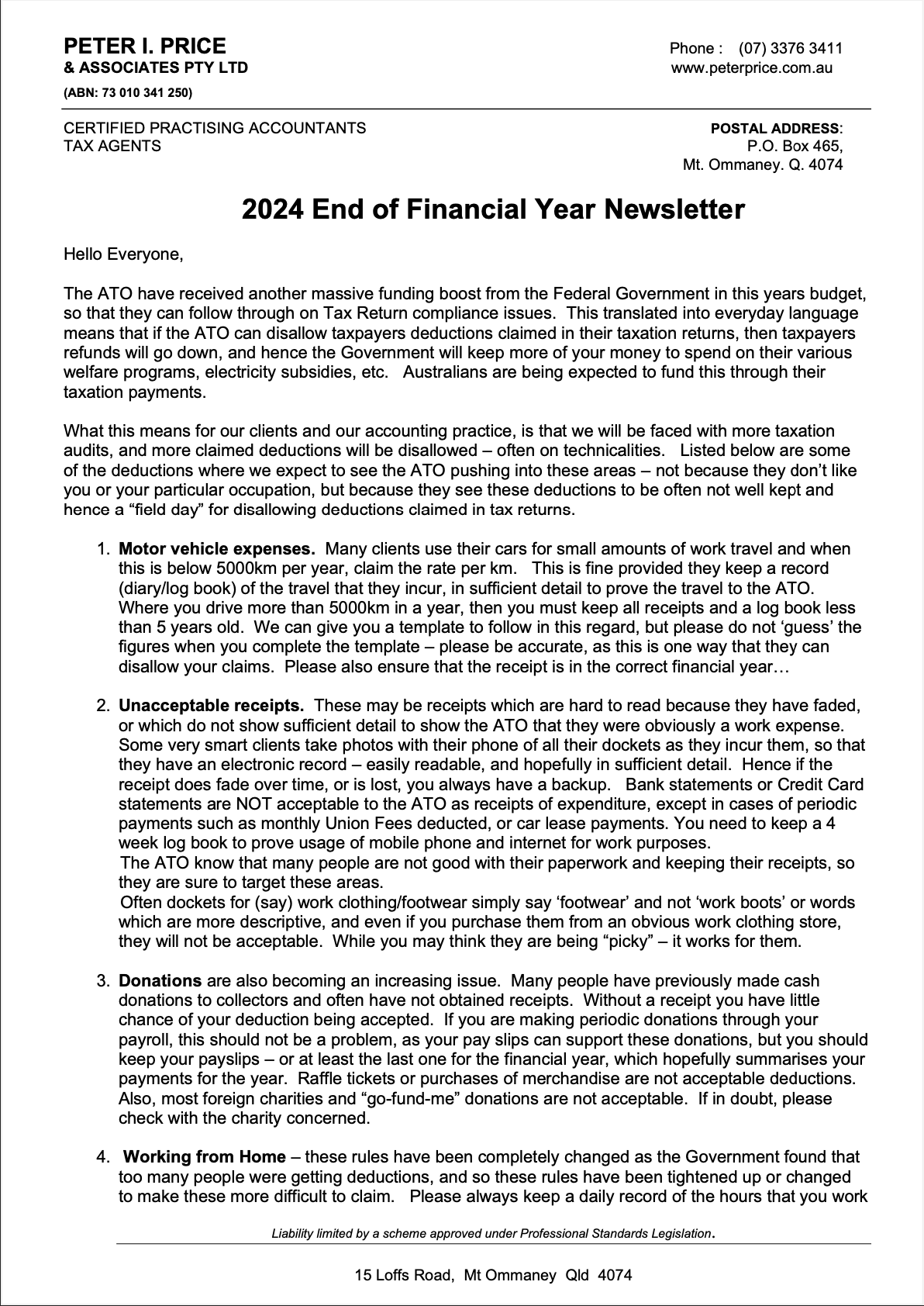How much does negative gearing really cost – an overview and an opinion?

.
So how much does negative gearing actually cost the nation each year? The answer to this can be gleaned from the 2023–24 Tax Expenditures and Insights Statement (TEIS) which, somewhat confusingly, contains figures relating to the 2020–2021 financial year.
Put simply, a tax expenditure arises where the tax treatment of a class of taxpayer or an activity differs from the standard tax treatment or the tax benchmark. These expenditures include tax exemptions, some deductions, rebates and offsets, concessional or higher tax rates applying to a specific class of taxpayers, and deferrals of tax liability.
The TEIS contains detailed breakdown of various categories, including rental property deductions. The ATO estimates that some 2.4 million rental property investors claimed deductions for expenses associated with maintaining and financing property interests, including interest, capital works and other deductions. Collectively for the 2020–2021 financial year, $48.1 billion worth of rental deductions were claimed, resulting in a total tax reduction of $17.1 billion.
Only around half, or 1.1 million, of these rental property investors had a rental loss (negative gearing), which added up to total rental losses of $7.8 billion and provided a tax benefit of around $2.7 billion for the 2020–2021 income year. The other rental deductions category (e.g. property maintenance, council rates etc) accounted for more than 50% of the amount claimed, with the next largest deduction being interest expenses, coming in at 39%.
Further analysis of the $2.7 billion negative gearing tax benefit (or tax reduction) reveals that 80% went to individuals with above median income (those earning above $41,500) and 37% went to individuals in the top income decile (those earning over $128,000).
Although the TEIS doesn’t provide data on the status of those claiming rental deductions, this can be somewhat inferred by the ages of those claiming the deduction. According to the ATO, more than half of the total negative gearing tax reduction went to individuals between the ages of 40 and 59 years old. Presumably a majority of these individuals have families, and a good proportion may be either the sole income earner or the primary income earner. This means the bulk of the commentary regarding negative gearing benefiting the rich may be on shaky ground.
However, these contentions aside, with the tax reduction on rental deductions expected to blow out to $28.2 billion by the 2026–2027 income year (from $17.1 billion in the 2020–2021 income year) and it being the second largest tax expenditure (second only to concessional taxation of employer super contributions), it’s likely the calls for changes to negative gearing will only grow stronger in time.
And further, why are these deductions expected to increase? The significant future increases will be from state governments imposing huge increases in land tax and covid recovery tax resulting in much lower net returns for landlords! Whilst interest costs have increased over recent years, that is likely to stabilise for a while. So the increased tax saving is a small offset to the lower rental return.

